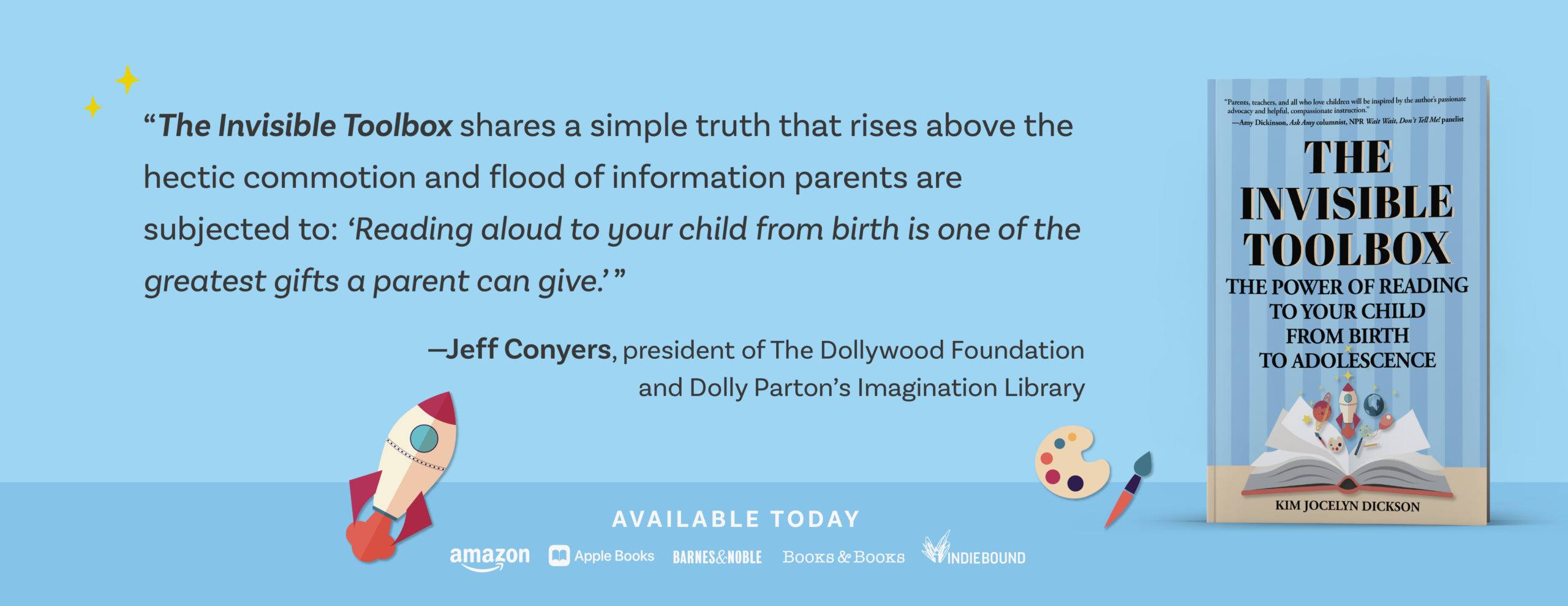Why Oprah’s early life of poverty, neglect, and abuse wasn’t the final word…
She’s one of the wealthiest, most powerful women in the world. She has excelled in every form of media. Her stamp of approval on anything in almost any sphere influences thousands. Maybe millions.
But when you consider her early years, the trajectory of Oprah’s extraordinary life is not one anyone would ever have predicted. Here are the facts:
- She was born a black child to an impoverished unmarried teenage mother in the deep south in 1954
- Oprah’s spent her earliest year living with her maternal grandmother Hattie Mae who taught her to read by age three, took her to church, and believed in ‘spare the rod and spoil the child.’ “Oprah was beaten almost daily.” (Krohn, Katherine E, “Oprah Winfrey: Global Media Leader,” USA Today)
- Because they were so poor, she wore potato sacks for dresses and was made fun of
- At age six Oprah went to live with her mother whose work as a maid left little time for her
- An uncle molested her when she was nine years old.
- At 14, Oprah ran away from home, became pregnant, and had a son who died shortly after birth
There’s scant reason to believe that a person with a background such as Oprah’s could overcome it and become not only functional, but an extraordinary success story.
So, what happened?
Although she had stayed with him intermittently in her younger years, as a teen Oprah went to live permanently with her father Vernon who was instrumental in helping her turn her life around. For the first time, she had consistent structure and encouragement. According to Oprah,
“…every single week of my life I lived with them I had to read library books and that was the beginning of my book club. Who knew? I was reading books and had to do book reports in my own house. Now, at 9 years old, nobody wants to have to do book reports in addition to what the school is asking you to do, but my father’s insistence that education was the open door to freedom is what allows me to stand here today a free woman.”
Unquestionably, Oprah exhibited innate intelligence and verbal gifts as a child—she learned to read by age three and her grandmother recalled her playing at interviewing her corncob doll. But the combination of loving discipline and bi-monthly trips to the library was the catalyst that changed her world. “We would go to the library and would draw books every two weeks. I would take out five books, and I would have a little reading time every day.” In high school, Oprah became an honors student and was voted Most Popular Girl. Her transformation had begun.
Poverty, neglect, and abuse are part of Oprah’s story, but they don’t define her now. Falling in love with books became the key that unlocked her intelligence, her innate verbal and empathetic gifts, and her ability to imagine a different life for herself. Reading opened new worlds for her and empowered Oprah to move out, little by little, into a life beyond the limitations and suffering of her childhood.
Source material:
Reading for Life: Oprah Winfrey,” American Libraries Magazine, May 25, 2011
“A Childhood Biography of Oprah Winfrey,” Blackfacts.com









